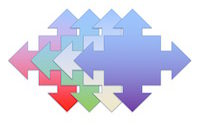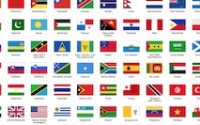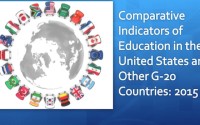
All about EDEN
As part of the celebrations of the silver jubilee of EDEN (1991-2016), I’ve invited all the past Presidents to contribute to this blog, in order to share some of their personal recollections and retrospections on the development of the Association and the field. Last week, I published the first contribution of this special series of […]













